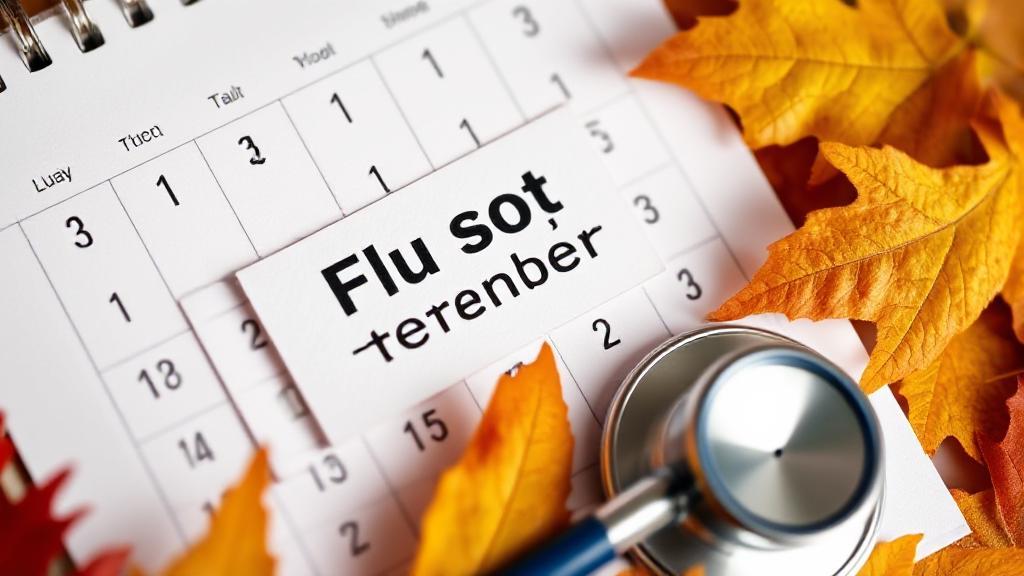Understanding the Flu Shot
The flu shot, also known as the influenza vaccine, is a critical tool in preventing the spread of the influenza virus. Each year, health organizations like the Centers for Disease Control and Prevention (CDC) and the World Health Organization (WHO) recommend getting vaccinated to protect against the most common strains expected to circulate.
How the Flu Shot Works
The vaccine works by stimulating the immune system to produce antibodies that recognize and fight the virus upon exposure. It typically contains inactivated (killed) viruses or a single protein from the virus, which triggers an immune response without causing illness.
Duration of Protection
Initial Immune Response
After receiving the flu shot, it takes about two weeks for the body to develop enough antibodies to provide protection. This is why it's recommended to get vaccinated before the flu season starts, usually in early fall.
Peak Effectiveness Period
- First 3 months: Highest level of protection
- Months 4-6: Moderate to high protection
- After 6 months: Declining effectiveness
"Getting vaccinated early (for example, in July or August) is likely to be associated with reduced protection against flu infection later in the flu season, particularly among older adults." - CDC
Waning Immunity
Research indicates that the vaccine's effectiveness decreases over time. Studies show effectiveness can wane by about 7% to 11% per month after vaccination. While protection may reduce by the end of flu season, it still offers significant defense against severe illness.
Factors Affecting Duration
Several factors influence how long the flu shot remains effective:
| Population Group | Expected Duration |
|---|---|
| Healthy Adults | 6-8 months |
| Elderly | 4-6 months |
| Children | 6-8 months |
| Immunocompromised | 3-6 months |
Additional factors include:
- Age: Older adults may experience faster decline due to weaker immune response
- Health Status: Compromised immune systems may not develop strong or long-lasting immunity
- Vaccine Match: Effectiveness depends on how well vaccine strains match circulating viruses
- Previous exposure to influenza
- Type of vaccine received
- Manufacturing quality
Maintaining Protection
To ensure optimal protection throughout the flu season:
- Get vaccinated annually, ideally by the end of October
- Consider a booster for high-risk groups
- Practice good hygiene:
- Regular hand washing
- Avoiding close contact with sick individuals
- Maintaining a healthy diet
- Getting adequate sleep
- Regular exercise
- Stay informed about flu activity and vaccine recommendations
When to Consider Revaccination
Discuss revaccination with your healthcare provider if:
- You were vaccinated very early in the season
- You're traveling to areas with different flu seasons
- You have a compromised immune system
For the most current information about flu vaccination, visit the World Health Organization's influenza page, the CDC's page on flu vaccine effectiveness, or consult with your healthcare provider.
